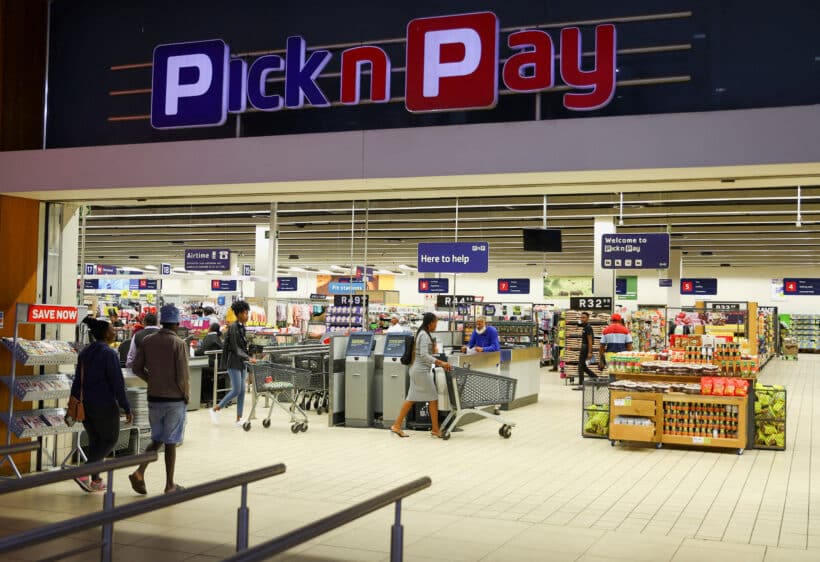
JOHANNESBURG, May 22 (Reuters) – Pick n Pay PIKJ.J said on Wednesday it expects to swing to a full-year loss as South Africa’s third-biggest grocer takes an impairment of 2.8 billion rand ($155 million) on loss-making and underperforming core supermarket stores.
But the market cheered a debt restructuring agreement with lenders, pushing its shares up 9.40% by 0755 GMT.
New CEO Sean Summers is tasked with turning round a company that has been losing market share against bigger rival Shoprite SHPJ.J and others for more than a decade in a highly promotional market as the economy struggles with high interest rates and rising inflation.
Specifically, he has to improve the performance of the core Pick n Pay supermarkets business.
Pick n Pay, which also owns discount grocery retailer Boxer, said the loss per share will range between 6.37 rand and 6.86 rand for the year ended on Feb. 25, compared with earnings per share of 2.43 rand in the previous year.
About 1.8 billion rand of the writedown is for selected loss-making company-owned Pick n Pay stores, “which will be closed or converted to Pick n Pay franchises or Boxer stores under the group’s strategic plan,” it said.
And a 1 billion rand impairment of assets is for underperforming company-owned stores that will remain open, the retailer added.
Other factors contributing to the expected loss include incremental net debt service costs and diesel expenses to run generators that help keep stores open during blackouts.
When it reports its results next Monday, the retailer expects to have increased group sales by 5.4%, boosted by Boxer and its clothing stores. Pick n Pay South Africa sales, however, are seen inching down by 0.2%.
Earlier in the year Summers announced a two-step recapitalisation plan that involves a rights issue to raise up to 4 billion rand and listing Boxer in order to repay all of its ballooning debt of 6.1 billion rand.
On Wednesday the company said it had concluded a debt restructuring agreement with short-term and long-term lenders that secures the group’s liquidity and funding up to September 1, 2025.
($1=18.0715 rand)
(Reporting by Nqobile Dludla, Editing by Louise Heavens and Clarence Fernandez)

